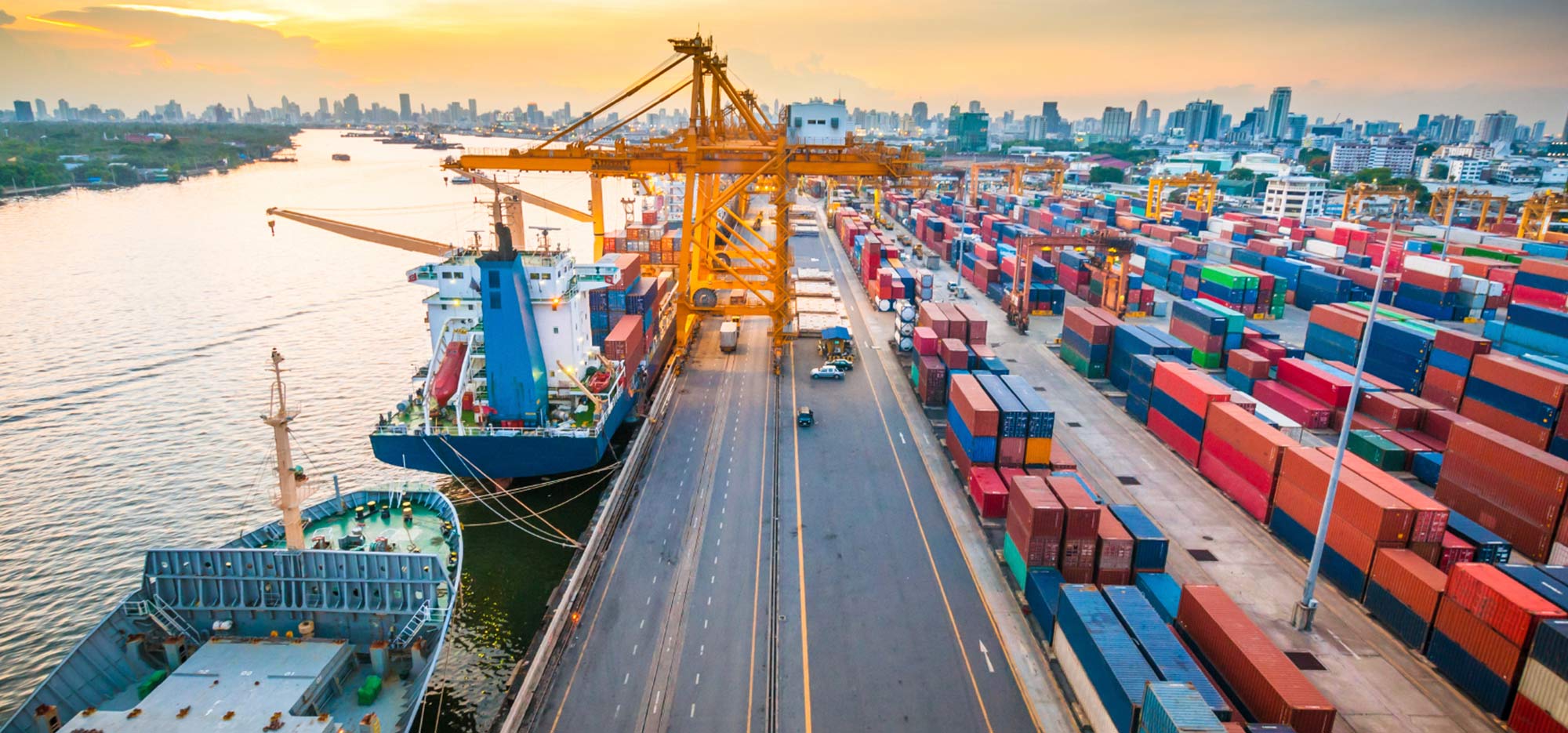
Basic of Logistics & Shipping Management
COMPLETED
7 already enrolled!
Training details
This is a live course that has a scheduled start date.
Live session
February 02, 2025 | 05:30 AM
2 Hours every day
1 Days
Why people choose EveryEng
Industry-aligned courses, expert training, hands-on learning, recognized certifications, and job opportunities—all in a flexible and supportive environment.
- Industry Veteran
- Trainer Review
❮
❯






















